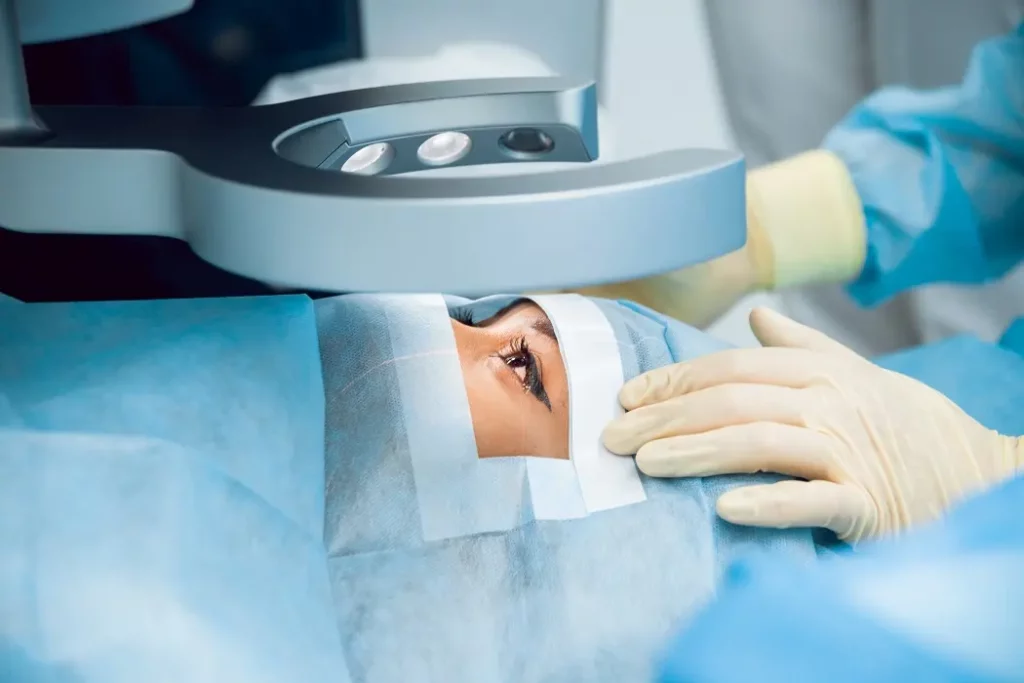All Categories
Featured
Table of Contents

Regular eye exams are essential for preserving good vision and identifying possible eye wellness issues early. However, the regularity of these examinations can differ significantly based on an individual's age, lifestyle, and total wellness. Comprehending the recommended timetable for eye examinations can help guarantee that individuals of any ages get appropriate treatment and tracking for their eye health.
Infants and Toddlers (0-2 Years)
For toddlers and infants, eye tests are crucial for identifying any type of prospective vision troubles early. The American Academy of Ophthalmology advises that a kid's very first eye examination must take place at around six months of age. Throughout this initial check out, the eye treatment expert will evaluate the child's visual growth and look for any noticeable eye issues.Following this initial examination, it is suggested that youngsters have another eye examination at age three. This browse through will certainly concentrate on analyzing the child's general visual function, consisting of eye placement and the capacity to track things. If no issues are found, the following exam needs to be set up before the kid starts college, usually around age 5 or 6.
School-Aged Children (6-18 Years)
Regular eye examinations need to be set up every one to two years as soon as youngsters reach college age. Vision is important for discovering and advancement, and numerous colleges conduct vision testings. These screenings do not change a detailed eye examination by an eye care professional.For children associated with activities or sports calling for significant aesthetic focus, yearly eye tests might be recommended. In addition, if a youngster exhibits indications of vision issues-- such as problem reading, scrunching up your eyes, or constant migraines-- a check out to the eye medical professional ought to be scheduled as quickly as feasible.
Young Person (19-39 Years)
Young adults normally have fewer vision adjustments than older age, however normal eye exams stay necessary. The general suggestion is to set up an eye examination every two years during this period. People with specific risk elements-- such as a family background of eye disease, diabetes, or those who wear get in touch with lenses-- ought to consider annual eye tests.In addition, those that spend substantial time on digital tools might experience digital eye pressure. If signs and symptoms such as dry skin, exhaustion, or obscured vision occur, it might be important to see an eye treatment specialist faster.
Adults (40-64 Years)
Adults aged 40 to 64 must set up eye examinations every one to two years. Eye examinations can likewise assist discover other usual age-related conditions such as glaucoma, cataracts, and macular degeneration.If individuals in this age group have threat variables such as high blood pressure or diabetes, they may require even more frequent assessments to check their eye health and wellness very closely.
Seniors (65 Years and Older)
For elders, regular eye examinations come to be much more important. The American Optometric Association suggests that individuals matured 65 and older have an eye exam a minimum of when a year. Older grownups go to a higher threat for various eye diseases, including cataracts, glaucoma, and age-related macular degeneration. Early discovery and treatment of these problems can protect against vision loss and boost the high quality of life.Verdict.
Comprehending the proper timetable for eye exams based on age is crucial for preserving optimum eye health throughout life. By adhering to these standards and consulting with an eye care professional, people can take aggressive steps towards maintaining their vision and general health and wellness.Latest Posts
Transform Your Bathroom’s Shower with Bath Fitter Custom Shower Solutions
Published Nov 23, 24
2 min read
Expert Roofing Solutions from Aabel Roofing
Published Nov 23, 24
3 min read
Greenway Chrysler Dodge Jeep Ram
Published Nov 23, 24
1 min read